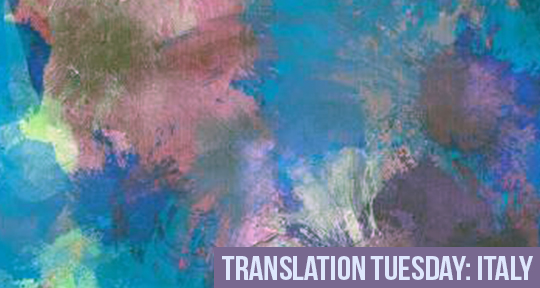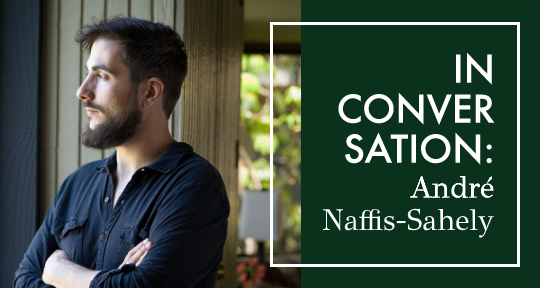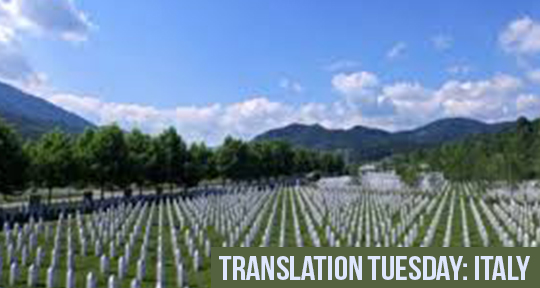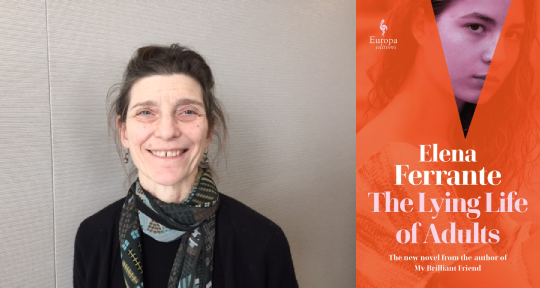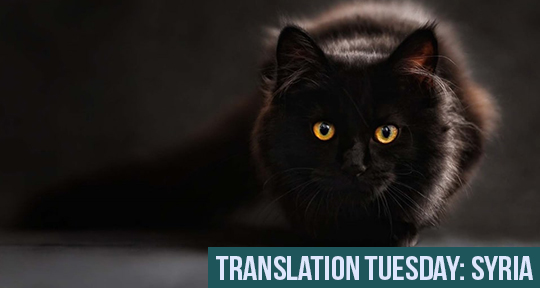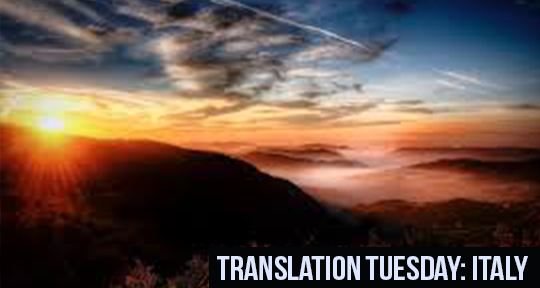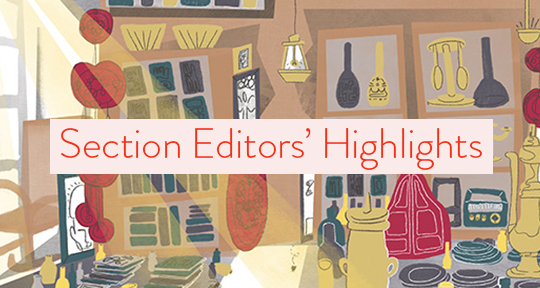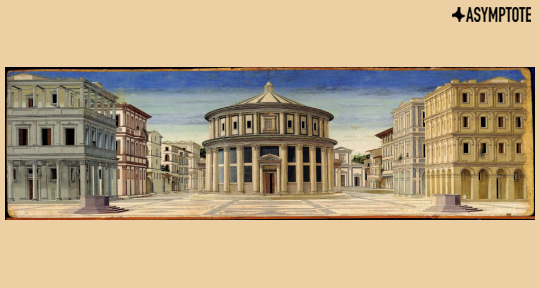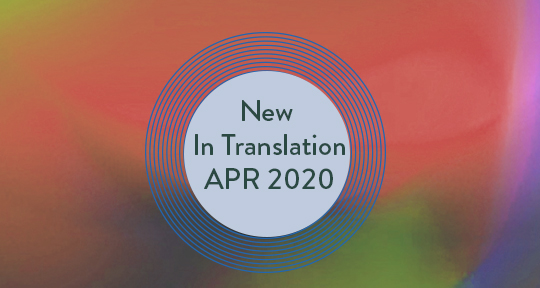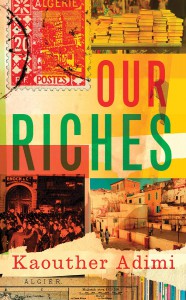André Naffis-Sahely has been translating the multi-lingual work of Eritrean writer, poet, and refugee-rights activist Ribka Sibhatu for over a decade. Born in Asmara but in self-exile from Eritrea since 1982, Sibhatu has lived in Ethiopia, France, and Italy. First published in 1993, Sibhatu’s much-acclaimed Aulò! Canto poesia dall’Eritrea was revised, expanded, and re-released by Italian publisher Sinnos in 2009. Sibhatu is also the author of Il numero esatto delle stelle, a bilingual edition of Tigrinya folklore. She is the subject of a 2012 documentary film, Aulò: Roma Postcoloniale, holds a Ph.D. in communication studies from La Sapienza, and has been widely published in journals and anthologies around the world.
Poet, translator, editor, and critic, Naffis-Sahely has translated over twenty fiction, poetry, and non-fiction titles into English. And yet it has still taken Naffis-Sahely almost ten years to garner the funding needed to publish his full-length English translation of Aulò, Aulò, Aulò!, a collection of Sibhatu’s poems and retellings of Eritrean folk tales written in Tigrinya, Ahmaric, and Italian. Ahead of the Poetry Translation Centre’s Ribka Sibhatu Tour, a series of online events celebrating the publication of the book, I asked Naffis-Sahely about the significance of Eritrean sycamore trees, the long road to publication, and white gatekeeping in the publishing industry. André sought input from Sibhatu, and we conducted the following interview via email.
—Sarah Timmer Harvey, June 2020
Sarah Timmer Harvey (STH): What was the first piece of Ribka’s writing you encountered? Do you remember your initial response, and how you were able to form a relationship with it?
André Naffis-Sahely (ANS): I first came across Sibhatu’s work on a blog sometime in 2009, which featured an account of one of Sibhatu’s visits to a public school somewhere in Italy. The post also reproduced a snapshot of her prose poem “Virginity,” an autobiographical account of how Sibhatu had once been forced to pretend her virginity had been violated to avoid entering an arranged marriage at nineteen, by which time she’d already spent a year in prison for refusing to wed an Ethiopian army officer. I was instantly struck by how Sibhatu had managed to balance a fabulist tone with an exposé’s sleuthy grittiness. The writing was lyrical, yet economical, and the author’s personality was sharply on display: uncompromising and questioning, but never devoid of empathy. Sibhatu’s work clearly operated on a variety of engrossing levels: first and foremost, perhaps, her opus is deeply inspired by her native country’s ancient literary traditions; secondly, it is a song of exile, one which has seen her live in Ethiopia, France, and now Italy. The truth is that translating Ribka Sibhatu also enabled me to interact with my Italian heritage in a way I’d never thought possible. Although I mostly grew up in the United Arab Emirates, my earliest memories of Italy include being chased down the street by neo-Nazis, all for walking hand in hand with my older brother, who—having taken more after our Iranian father—had proved too dark-skinned for their liking. My other memories aren’t too different from that point of view. Thus, translating Ribka not only introduced me to realities I hadn’t experienced or knew little about, but she also helped me reconnect with my own roots. Here was a black woman from Eritrea crafting wonderful, engrossing literature out of a language I thought was too resistant to be employed by anyone as outward-looking as her. Of course, Ribka, like many so-called postcolonial Italian writers, has not received as much attention as she deserves. But I think that will only change with time, albeit perhaps too slowly for many of us.
STH: You have written that you tend “to think of Aulò as Sibhatu’s Leaves of Grass.” Can you tell me why this is?
ANS: As Sibhatu enthusiastically told me during one of our earliest meetings in London in 2011, Eritrean literature has been handed down through generations in the form of aulòs, the Tigrinya word for “bardic songs,” which are performed at public and private celebrations and religious rites. Performers always begin their tales by invoking the word Şïnşïwai, which roughly means, “I have a story to tell,” to which the audience replies, Uāddëkoi şęlimai, “We’re ready, we’re listening.” Sibhatu learned her craft in the capital city of Asmara and her ancestral village of Himbirti, in the high plateaus above the capital, where these stories can be traced back for centuries, and she spent a great deal of time talking to village elders in order to transcribe their stories. Despite falling into various different genres—poetry, fiction, and nonfiction—Sibhatu’s work essentially represents a reconstruction of Eritrea’s cultural heritage in exile, and it is a work that is continually evolving and growing, like Whitman’s Leaves of Grass. It is a deeply personal book, heavily fueled by its author’s biography and background, but it is also one of those rare books that is strong enough to carry a national sentiment—or spirit—on its shoulders. READ MORE…

